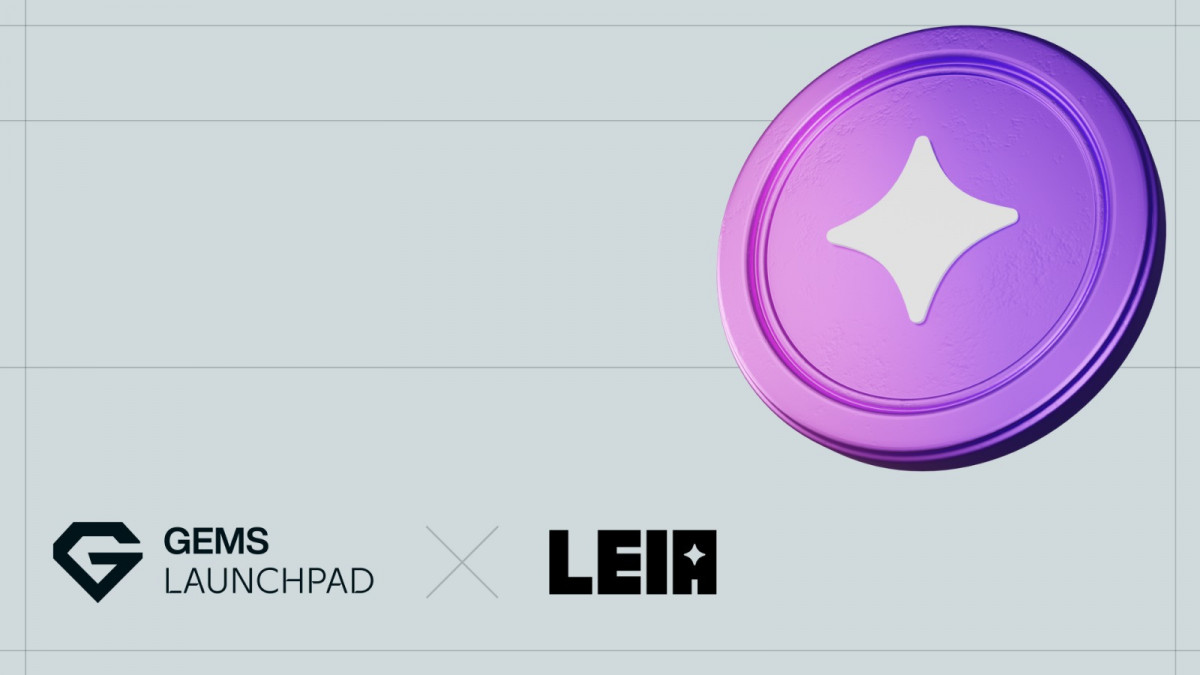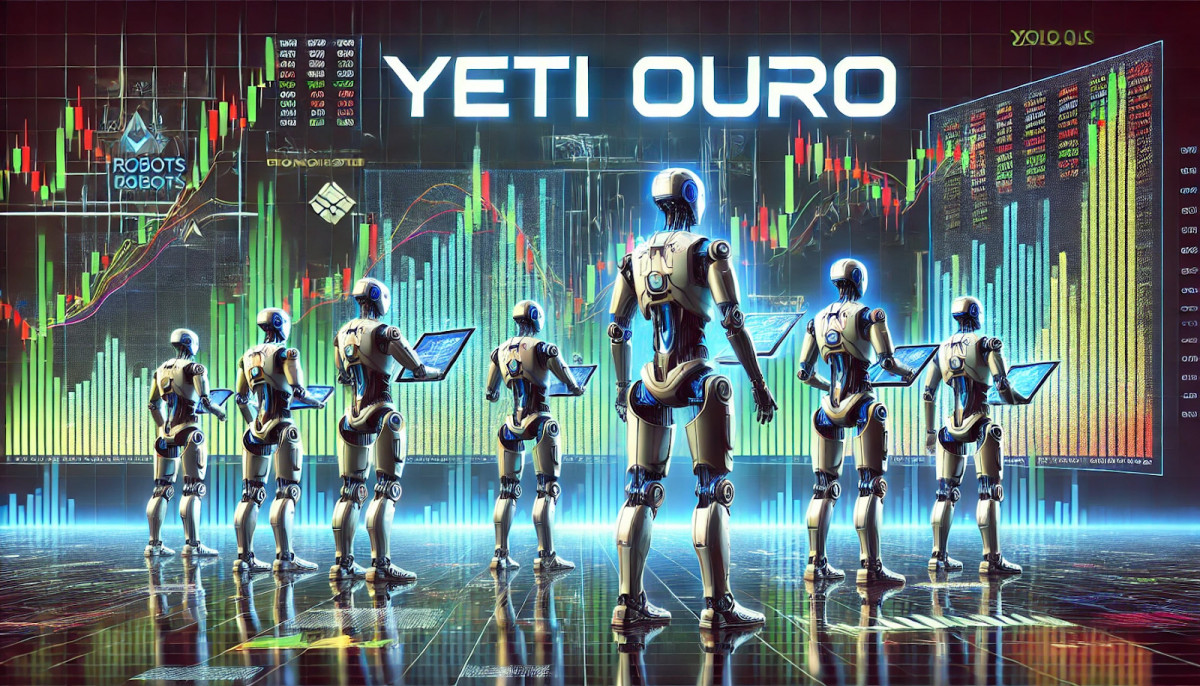Along with the efforts of multinational firms, leadership has begun rallying enthusiasts and seasoned professionals in the sector to discuss the future of the immersive tech industry.
One such platform, the Microsoft Reactor meetup, has united many thought leaders, tech giants, and organisations as a guiding compass for the growing community of technology enthusiasts, developers, journalists, and even senior executives.
XR Today interviewed Steve Dann, Co-Founder and Executive Chairman of Medical Realities and Founder and CEO of Amplified Robot.
Dann is the Founder & Organiser of the Augmenting Reality Meetup in London, which invites members of the tech community to discuss topics on virtual, augmented, and mixed reality (VR/AR/MR) monthly.
Guests speaking at the event included Alexander Karim, Metaverse Lead at Microsoft UK, and Sean M Tracey, Chief Technology Officer of KadVR.
Attendance of the meetup comes just weeks after the Microsoft Ignite event, which showcased many of the Redmond, Washington-based firm’s key innovations in extended reality (XR), avatars, artificial intelligence (AI), the user experience (UX), and productivity tools, among many others.
XR Today: Why did Microsoft launch its Reactor programme and what does it aim to do for the tech community?
Steve Dann: We founded it when it first started off and originally, it was Microsoft’s answer to Google Campus. Microsoft bought this building in Shoreditch, and it’s become a fantastic space where people can attend the Meetup, but there are office spaces above as well.
The group later pivoted and sold the upper floors to WeWork, but COVID-19 came along and brought everything tumbling down, stopping us from meeting up for about two years.
Excellent @Microsoft Reactor #meetup in #London with @VR2AR, Alexander Karim, and @seanmtracey.#microsoft #technology #immersivetechnology #immersiveexperience #headsets #metaquestpro #magicleap #Pico4 pic.twitter.com/WLq0wFL3WX
— Demond Cureton (@FutureP42264459) October 24, 2022
It was reinvigorated after the pandemic and used as a free resource and coordinator. Microsoft wants to bring people in and discuss what can happen in computing, artificial intelligence (AI), and immersive technology. We also host presentations and facilitate networking opportunities after the events as well.
XR Today: What were some of the game-changing takeaways from the Meta Connect event and unveiling of ByteDance’s Pico 4 and Lenovo’s ThinkReality VRX?
Steve Dann: What will push us forward are companies in the XR hardware space upping their game, new companies entering the market, and older companies coming back in. Google is coming back in and they had a great experience with Google Glass. They learned a bit and know this is the space to be in.
There will be many more big players in the short term to drive the hardware side of things. I come from the software development side, and we can’t exist without the right headset and vice-versa; it’s a symbiotic relationship.
It’s great to see manufacturers have taken this space seriously by putting their money where their mouth is and stating ‘this is the future.’ It’s something that I’ve believed about VR since 2012 and 2008 for AR.
I always felt this was the future, but sometimes it wasn’t always clear what it would become. It’s starting now, and the mist and fog are clearing not only in commercial and enterprise markets, but consumer ones as well.
When I first started speaking about XR many years ago, I had to explain all the details because it was considerably more difficult to grasp [at the time] if you hadn’t experienced it. Nowadays, thanks to the work we’re doing and the [XR industry as a whole], everyone’s got a basic understanding of it.
We have to understand how it works and then how it’s useful to us. Is it useful for gaming or your business? We’re in a very exciting time, but over the next 10 to 15 years, it’ll be even more exciting.
XR Today: Why is it important to keep people informed [on XR] and to unite disparate sections of the tech community?
Steve Dann: One of the reasons we started the programme was not only to get people excited about [XR’s] potential, but also to make sure everyone was ‘playing with a straight bat’ and doing things correctly.
In my address today, I noted how some firms used concept videos of technologies they say they’ll launch, but it’s nothing like what was initially promised. Many also jumped into the space because it’s new, leading to false claims about what they, their companies, or their products can do for it.
At Meetups like this, we’re actually trying to raise the bar and promote companies doing things properly and well. It’s fantastic if anyone has a great experience in VR, but those facing bad experiences due to a rubbish app or inadequate hardware will be put off for a while.
People with good or bad experiences will share them with others, so it’s important we teach people how to develop them properly and correctly [due to this]. It’s all about pushing things forward, expanding what is possible, [and] exchanging ideas — we can promote these possibilities at a fantastic pace.
XR Today: From your experiences, what is the most exciting development in XR and the Metaverse?
Steve Dann: I chose to go into the natural medical sector because I could utilise the various things possible in AR and VR, but it’s the same with any vertical or horizontal sector.
Immersive technology can make a real difference in people’s lives. People entering VR can educate themselves, transport themselves back 2,000 years to the Crucifixion, or witness the Roman Empire or the first moon landing — all of which makes education exciting.
People trying VR have an experience they’re very unlikely to forget, because they’re entering an environment and becoming a part of what’s going on, whether in training, education, or entertainment.
Regarding the future, I see this unfolding similarly to mobile phones and smartphones, where hardware gets smaller and lighter and bandwidth improves for developers, delivering better experiences.
That excites me the most because, the better experiences we can deliver to users, the more they will enjoy it and choose to explore and learn more about it.
Read More: www.xrtoday.com









 Bitcoin
Bitcoin  Ethereum
Ethereum  Tether
Tether  XRP
XRP  Solana
Solana  Dogecoin
Dogecoin  USDC
USDC  Cardano
Cardano  Lido Staked Ether
Lido Staked Ether  TRON
TRON  Avalanche
Avalanche  Sui
Sui  Wrapped stETH
Wrapped stETH  Toncoin
Toncoin  Chainlink
Chainlink  Shiba Inu
Shiba Inu  Wrapped Bitcoin
Wrapped Bitcoin  Stellar
Stellar  Hedera
Hedera  Polkadot
Polkadot  WETH
WETH  Bitcoin Cash
Bitcoin Cash  LEO Token
LEO Token  Uniswap
Uniswap  Litecoin
Litecoin  Hyperliquid
Hyperliquid  Pepe
Pepe  Wrapped eETH
Wrapped eETH  NEAR Protocol
NEAR Protocol  Ethena USDe
Ethena USDe  USDS
USDS  Internet Computer
Internet Computer  Aptos
Aptos  Aave
Aave  Mantle
Mantle  Cronos
Cronos  Render
Render  POL (ex-MATIC)
POL (ex-MATIC)  MANTRA
MANTRA  Ethereum Classic
Ethereum Classic  Bittensor
Bittensor  WhiteBIT Coin
WhiteBIT Coin  Monero
Monero  Virtuals Protocol
Virtuals Protocol  Artificial Superintelligence Alliance
Artificial Superintelligence Alliance  Dai
Dai  Tokenize Xchange
Tokenize Xchange